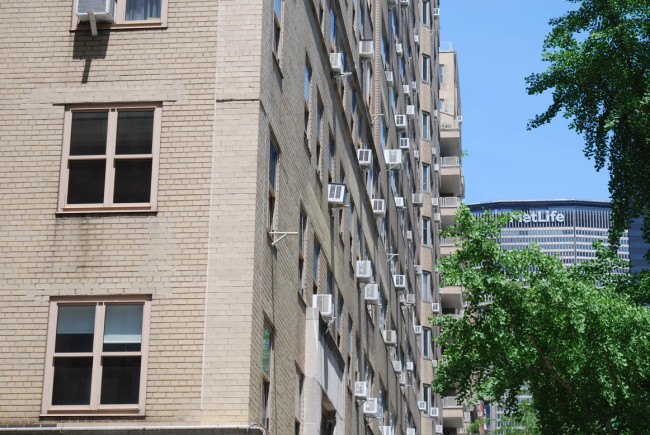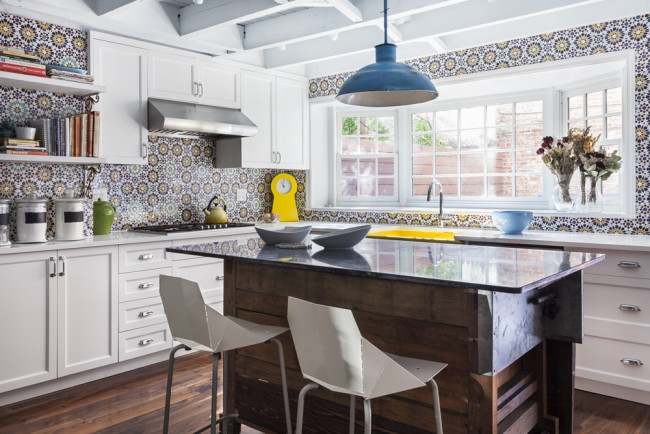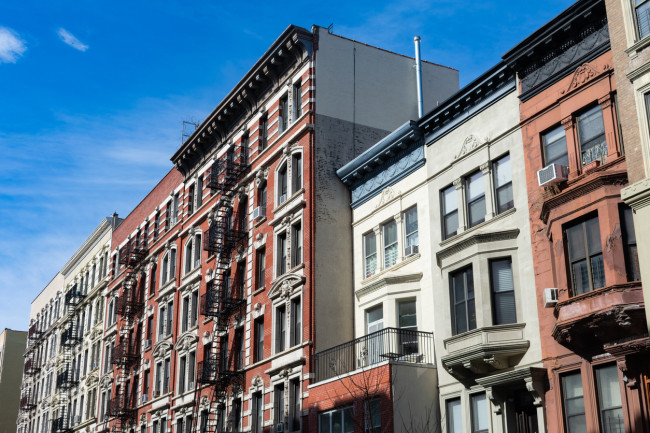Should I refinance my mortgage to pay for an apartment renovation?

Refinancing your mortgage is one option, and you should also consider a home equity loan or cash-out refinance.
What's the best way to pay for an apartment renovation these days? Does it still make sense to refinance my mortgage to help pay for the work? What are my other options?
You may be able to shop around for favorable mortgage rates or pursue other loan options to pay for your renovation, our experts say.
Mortgage rates climbed to their highest rate since 2008 earlier this year, but they have since started to fall. The average for the 30 year-fixed rate is hovering around 5.5 percent, while the refinance rate for 30-year and 20-year fixed mortgages dipped below 5 percent.
Still, rates are no longer at the historic lows seen for nearly two years, which may give some borrowers pause, but don't rule out refinancing entirely.
"Refinancing may still be a good option right now even with rate increases," says Brittney Baldwin, vice president of National Cooperative Bank (FYI, a Brick sponsor). "You should discuss with your lender your intentions for the funds and how long you plan to retain the property."
Even if you take on a mortgage with a higher interest rate, your renovation may ultimately offer returns on your investment depending on when you intend to sell the apartment.
"It depends on a few things: How long do you plan to be there? How important is your renovation to your overall sense of well-being?" says Deanna Kory, a broker with Corcoran. "Renovations carefully budgeted usually pay for themselves if not more when you sell, but typically the return is best if you sell within five to seven years of the renovation."
There are also alternatives to refinancing that may be worth your consideration. A home equity line of credit (HELOC), for example, allows homeowners to borrow money from a lender against the equity in their home for a specific time period, in order to fund projects like renovations. And a cash-out refinance lets homeowners replace their mortgages with larger ones and use their equity for major expenses.
"If you have a lot of equity and good credit, you can pretty much go to any bank or credit union and get a home equity loan or cash-out refinance," says Nicole Kaes, vice president of marketing at Bolster (a Brick sponsor). "Home equity loans work well for large renovation projects fpr long-term homeowners who’ve been in their homes for years, who have likely built up enough equity to tackle their full renovation wish list."
Other options, Kaes adds, include construction loans, which offer plenty of borrowing power but often require homeowners to deal with lots of paperwork, inspections, and the possibility of needing to refinance their mortgages anyway, and renovation loans.
With the latter, "the value of the loan is based on the value of your property once your renovation is complete," she says. "They're a solid option for potential or new homebuyers who have not built up the equity required for more traditional renovation financing options."
Keep in mind, though, that renovation costs have gone up recently amid supply chain delays, worker shortages, and inflation. Given these challenges, it's more important than ever to make sure your finances and credit are in order before refinancing your mortgage or taking on new loans.
Trouble at home? Get your NYC apartment-dweller questions answered by an expert. Send your questions to experts@brickunderground.com.
For more Ask an Expert questions and answers, click here.
You Might Also Like






























